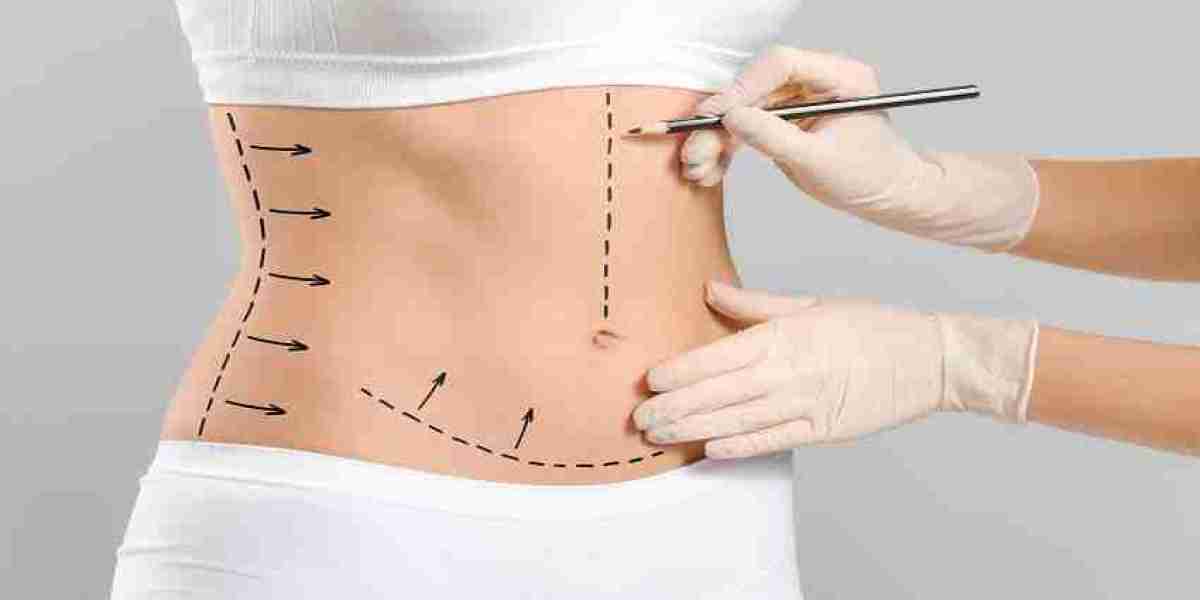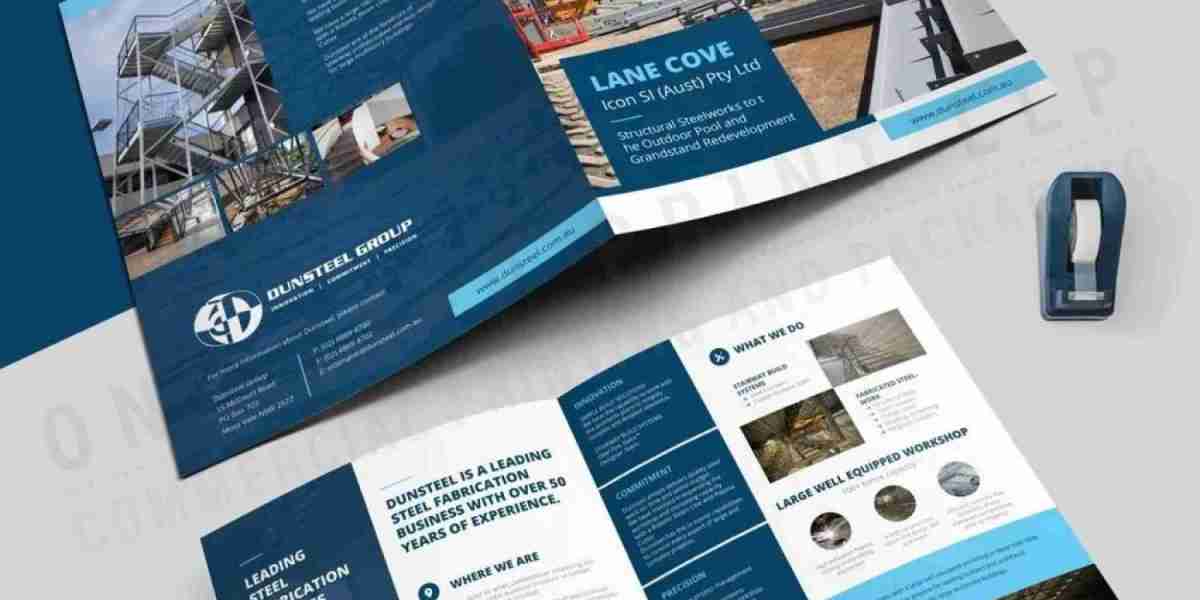Liposuction in Islamabad is one of the most popular cosmetic procedures for removing stubborn fat that doesn’t respond to diet or exercise. Many people choose it to sculpt their bodies and enhance their natural contours. But a common question patients ask is, “What happens if I gain weight after liposuction?”
At SKN Cosmetic Clinic, patients often want to know whether liposuction offers permanent results or if weight gain can reverse the benefits. Let’s dive into how liposuction works, what happens if you gain weight afterward, and how to maintain your new figure for years to come.
Understanding How Liposuction Works
Liposuction isn’t a weight-loss surgery; it’s a body contouring procedure. It removes localized fat deposits that don’t respond to diet or exercise. During the procedure, small incisions are made in targeted areas, and a cannula (a thin tube) is used to suction out the fat cells permanently.
However, it’s crucial to understand that liposuction removes a certain number of fat cells, not all of them. The remaining fat cells can still expand if you gain weight, which means maintaining a stable weight after surgery is essential for keeping your results intact.
What Happens If You Gain Weight After Liposuction?
If you gain a small amount of weight after your liposuction procedure, it might not drastically affect your overall body shape. However, significant weight gain can alter your results. Here’s what typically happens:
1. Fat Distribution Changes
After liposuction, the treated areas have fewer fat cells. So when you gain weight, the new fat doesn’t necessarily accumulate evenly. Instead, it may show up in untreated areas like the back, arms, or face — places that weren’t problematic before. This can lead to uneven contours or a disproportionate appearance.
2. Treated Areas May Slightly Enlarge
Although liposuction permanently removes fat cells, the remaining ones can still grow in size. If your weight gain is moderate, the treated areas may appear slightly larger, but they’ll still have fewer fat cells compared to untreated regions.
3. Overall Body Shape May Change
One of the main benefits of liposuction is improved body proportions. But if you gain more than 10–15 pounds after the surgery, your overall silhouette may change. You might lose some of the definition you initially achieved.
4. Skin May Stretch or Sag
Significant weight gain after liposuction can stretch your skin again. This is especially true if you gain weight rapidly. Sagging or uneven skin can develop, which may require additional tightening procedures to correct.
Why Weight Maintenance Is Important
The longevity of your liposuction results depends heavily on your post-surgery habits. Maintaining a healthy diet, regular exercise, and an active lifestyle are key to ensuring lasting results. Remember, liposuction helps reshape your body — it doesn’t replace a healthy lifestyle.
How to Avoid Weight Gain After Liposuction
Here are some practical steps to help you preserve your new figure after liposuction:
1. Adopt a Healthy Eating Plan
Focus on nutrient-rich foods — lean proteins, vegetables, whole grains, and healthy fats. Avoid excessive sugar and processed foods that can contribute to fat accumulation.
2. Stay Hydrated
Drinking enough water helps with metabolism and reduces bloating, which keeps your body looking toned and slim.
3. Exercise Regularly
Incorporate both cardio and strength training exercises into your routine. Even 30 minutes of daily movement can make a huge difference in keeping your weight stable.
4. Follow Your Surgeon’s Post-Operative Advice
Your cosmetic surgeon will guide you on recovery, diet, and physical activity timelines. Following their instructions ensures optimal healing and long-term success.
Can You Redo Liposuction If You Gain Weight?
Yes, but it depends on your condition and the amount of fat regained. In some cases, a revision liposuction can be performed to restore your original results. However, this is only recommended once your weight has stabilized again.
Patients should always consult their surgeon before considering another procedure. Your doctor will assess whether additional liposuction or other contouring options — like non-surgical fat removal — are suitable for your body type and goals.
Is Liposuction Permanent?
Liposuction permanently removes fat cells from targeted areas. Those fat cells are gone for good and don’t regenerate. However, the remaining fat cells can expand if you consume more calories than your body burns.
That’s why doctors emphasize that liposuction offers permanent results only when combined with a healthy lifestyle. The surgery gives you a head start by removing excess fat — maintaining that result is up to you.
Emotional and Psychological Impact
Many patients report feeling more confident and motivated to stay fit after liposuction. Seeing the transformation encourages them to make healthier choices and sustain their new look. However, regaining weight after the procedure can sometimes lead to disappointment or frustration.
To avoid this, setting realistic expectations is essential. Remember that liposuction is a body enhancement procedure, not a weight-loss cure. The best results come from combining the treatment with mindful lifestyle changes.
When to Contact Your Surgeon
If you notice unexpected swelling, uneven fat distribution, or significant weight fluctuations after liposuction, contact your cosmetic surgeon immediately. Early consultation helps prevent long-term issues and ensures proper management of your results.
Final Thoughts
Gaining weight after liposuction can affect your results, but with consistency and healthy habits, you can enjoy a beautifully contoured body for years. It’s vital to remember that liposuction is a sculpting procedure, not a weight-loss method.






